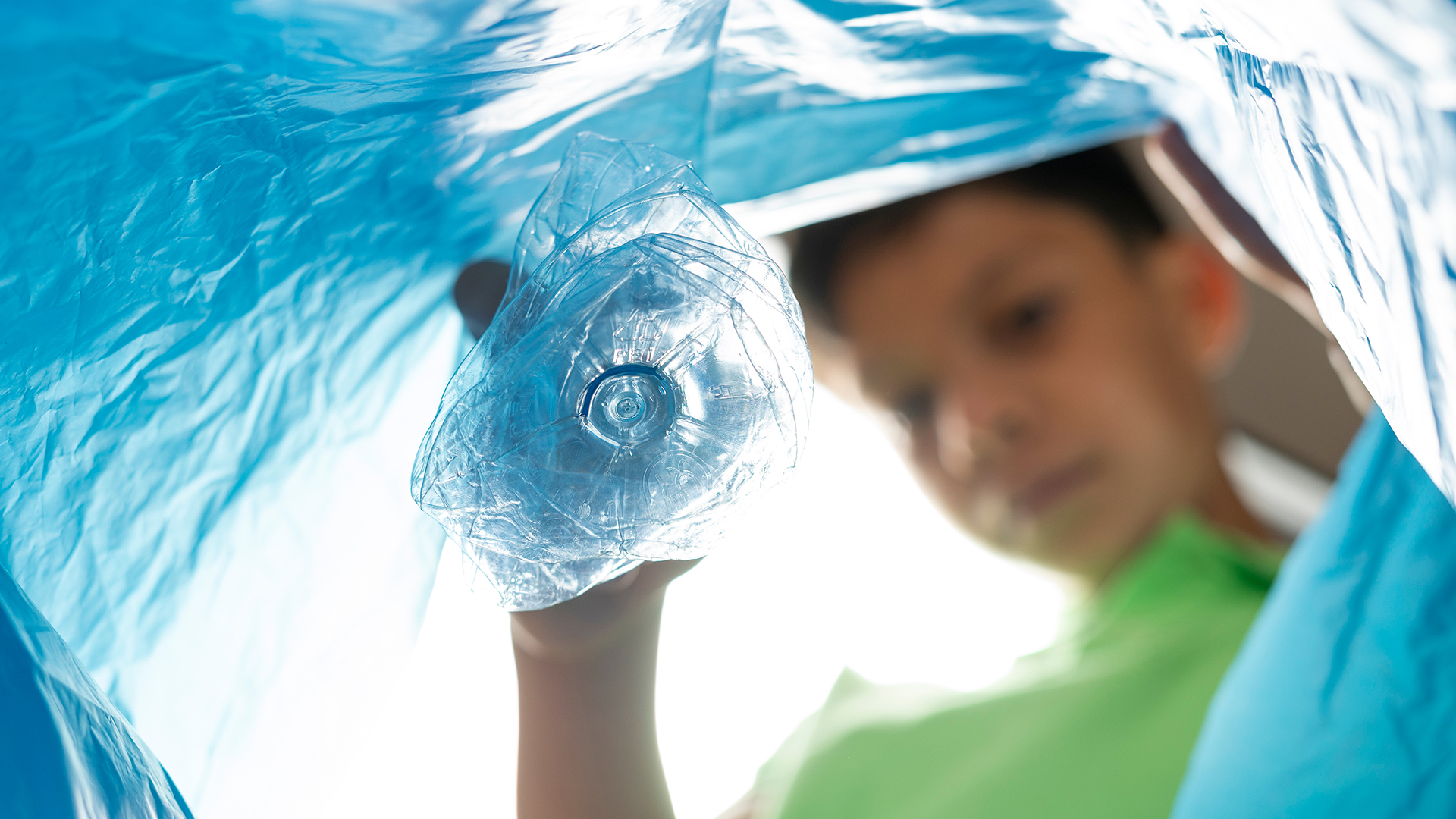
Plastic recycling requires international cooperation
Author: Mikko Ahokas, CEO of bioeconomy and circular economy company Macon
Plastic recycling seems, at first glance, to be an easy task—just separate the plastics and reuse them. However, technically, recycling is more challenging than this, as different grades of plastics, such as hard and soft, cannot be mixed with each other.
The technical challenges of plastic recycling are due to how diverse plastic is; there are hundreds of different plastics that differ in their chemical properties. The different grades of plastic require different treatment processes when recycled, which makes separation and processing complicated. In addition, plastics may contain additives that diminish the quality of the finished product.
The current technology that is based solely on mechanical separation does not guarantee recycled plastic material that is sufficiently high in quality. Chemical recycling processes also require plastics to have high standards for purity.
However, the plastic recycling process itself can be improved in many ways. For example, Syklo has designed a completely new type of process that enhances the separation of plastic grades and enables the production of even more high-quality recycled plastic.
Consumers play a crucial role
Many countries already have extended producer responsibility schemes in place and manufacturers are required to take responsibility for the entire life cycle of their products, including their recycling. In Europe, many countries have a so-called plastic tax, for which companies that manufacture plastic products can gain a tax benefit by using recycled plastic in their products. In addition, the EU’s intention to ban single-use plastic products will bring new business opportunities.
Smart logistics systems and optimised container sizes can contribute to the efficiency of logistics and enable cheaper use of recycled plastic. Hard plastics should also be allowed in the separate plastic recycling in addition to packaging material to properly ensure all plastic gets recycled. Consumers should also be able to identify and sort different types of plastic more accurately.
Fortunately, in Finland, the collection of household plastic packaging has increased significantly, and industry is actively involved in recycling its own waste. Globally, however, Finland is not a pioneer in this due to its strong culture of waste incineration. According to estimates, Finland currently pays the EU tens of millions of euros in fines for plastic that is not recycled and for low recycling rates.
Towards more environmentally friendly recycling
In the future, plastic recycling will become more efficient and environmentally friendly thanks to technological advancement and growing awareness. Finland and the rest of the world are investing in recycling infrastructure, innovative recycling technologies, consumer education, and digitisation.
Globally, the future of plastic recycling requires international cooperation. It is important that countries are working together to share standards, regulations, and best practices. As environmental impact assessment and measurement evolves, we will better understand and develop the benefits and methods of recycling. This requires constant research, innovation, and an open dialog.
The role of consumers in the future of plastic recycling will be further emphasised as they are educated and encouraged to act sustainably. Those who invest in digitisation and the development of collection systems will succeed in the market.
